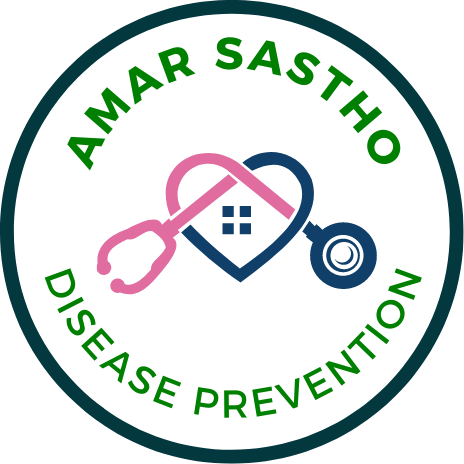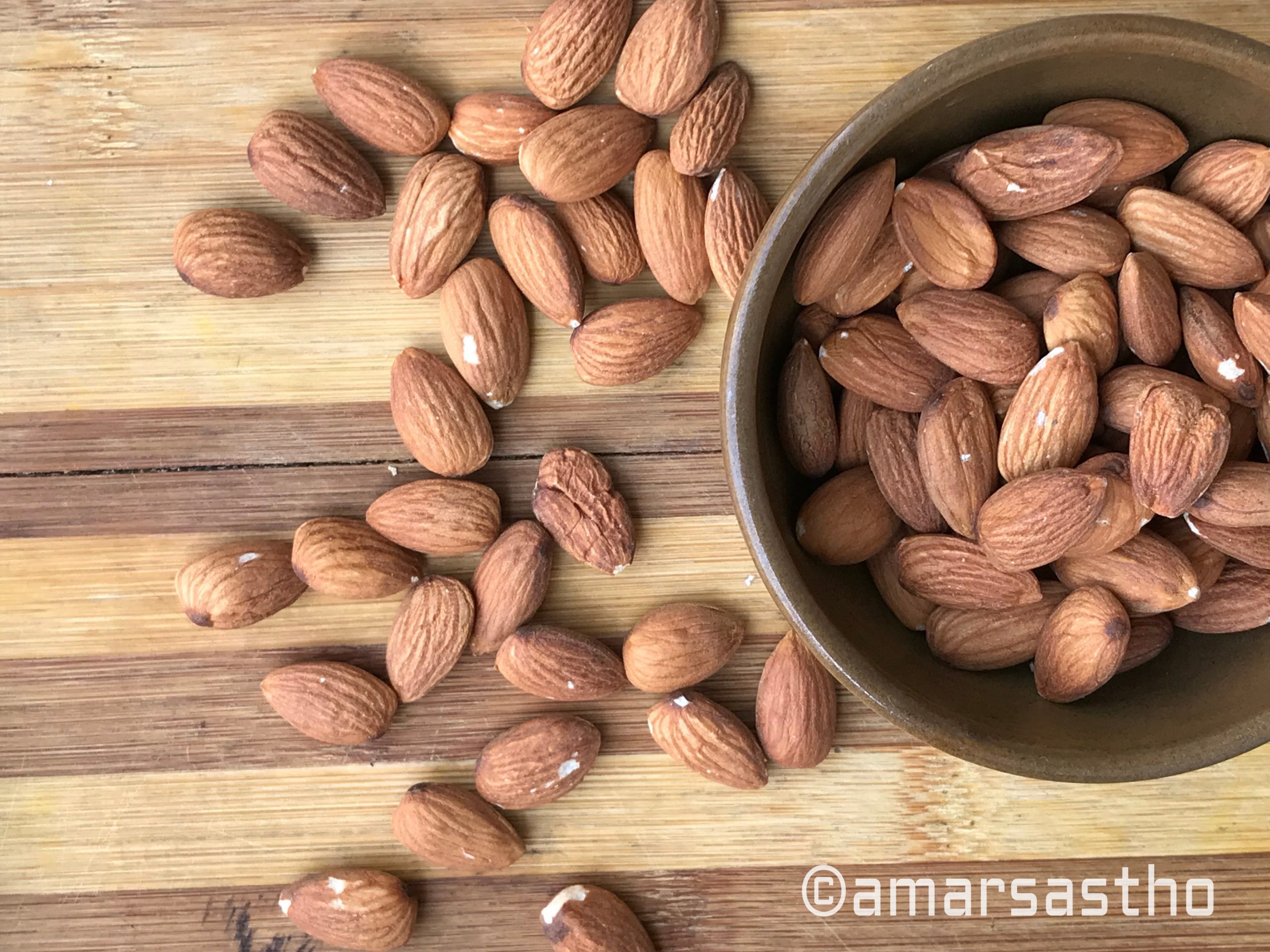Almonds are among the world’s most popular tree nuts.
They are highly nutritious and rich in healthy fats, antioxidants, vitamins, and minerals. Almonds can be consumed on their own, raw, or toasted; they are available sliced, flaked, slivered, as flour, oil, butter, or almond milk.
1-ounce (28-gram) serving of almonds contains:
- Fiber:5 grams
- Protein: 6 grams
- Fat: 14 grams (9 of which are monounsaturated)
- Vitamin E: 37% of the RDI(Recommended Daily Intake)
- Manganese: 32% of the RDI(Recommended Daily Intake)
- Magnesium: 20% of the RDI(Recommended Daily Intake)
- They also contain a decent amount of copper, vitamin B2 (riboflavin) and phosphorus.
Health Benefits:
- Almond can prevent Breast cancer. Researches have been shown that nuts like almonds, peanuts, walnut can reduce the risk of Breast Cancer.
- Almonds are high in antioxidants that can protect your cells from oxidative damage, a major contributor to aging and disease.
- Almonds are extremely high in magnesium, a mineral that many people don’t get enough of. High magnesium intake may offer major improvements for metabolic syndrome and type 2 diabetes.
- Almond can help to control the blood sugar level.
- Low magnesium levels are strongly linked to high blood pressure, indicating that almonds can help control blood pressure.
- Eating one or two handfuls of almonds per day can lead to mild reductions in “bad” LDL cholesterol, potentially reducing the risk of heart disease.
- Almonds Prevent Harmful Oxidation of LDL Cholesterol.
- Almonds contain higher vitamin E. Vitamin E intake has been tentatively associated with a reduced risk of certain diseases, such as Alzheimer’s, some cancers, and heart disease.


